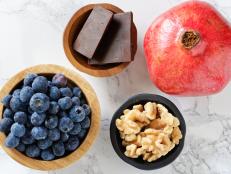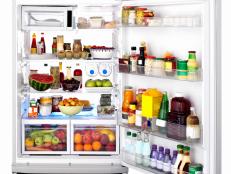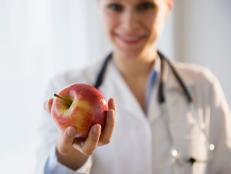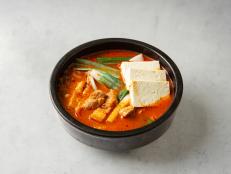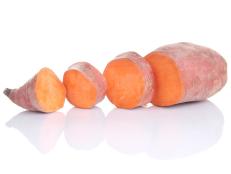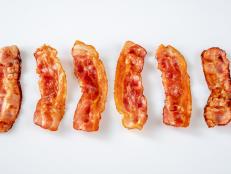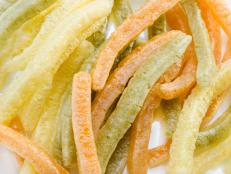1 / 11
Myth #1: Carbs are bad for you.
Truth: Carbohydrates are essential to a healthy diet, providing energy for your whole body. But it’s best to get carbs from healthy, minimally processed foods, like fruits, vegetables, beans, nuts, whole grains and dairy. We Americans tend to eat more refined grains and sugar than we should — sources of carbohydrates that aren’t good for you.
— Kerri-Ann Jennings, M.S., R.D.



























